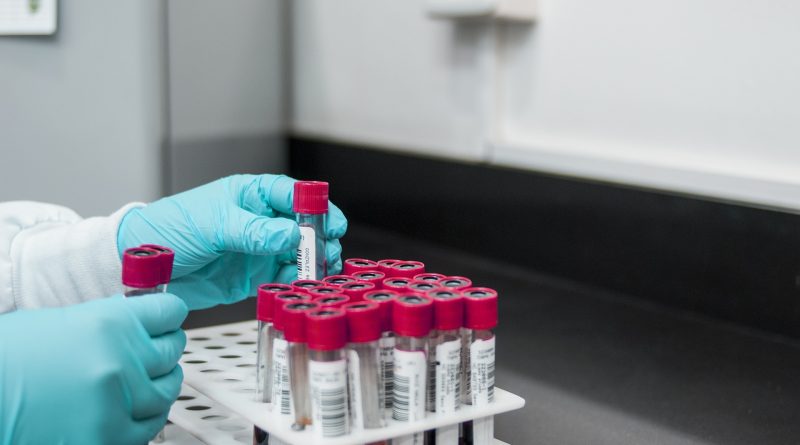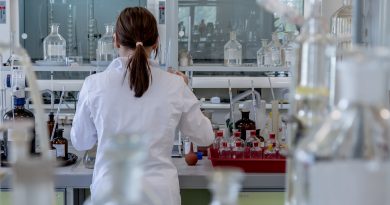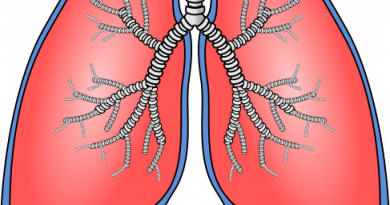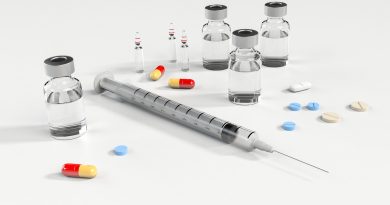Pharma Giant Opens Institute for Human Biology
Image by fernando zhiminaicela from Pixabay
We are pleased to have received the information below from Citizens for Alternatives to Animal Research and Experimentation (CAARE) on a new Instititute for Human Biology and their work as well as two other encouraging examples of human models. It is so exciting to see the strides being taken toward more human-relevant research and away from outdated, inhumane and unreliable animal models.
From CAARE:
In a huge acknowledgement that we need to move away from animal research, Swiss company Roche, the fifth-largest pharmaceutical company in the world, has just launched an Institute for Human Biology to focus on human model systems that more precisely simulate human disease than animal experiments.
Roche’s research and early development head Dr. Hans Clevers states that “Human model systems such as organoids are the future of our industry. They have the potential to enhance almost all the steps involved in the research and development of innovative medicine.”
We report on two other perfect examples of such human models: Researchers have developed a sophisticated vein on a chip to study blood clotting mechanisms, while another group of scientists are using human colorectal tumor cells to grow organoid “avatars” for testing treatments, delivering more accurate results than those developed in mouse models.
All of this begs the question: Why are we still testing on animals? The answer lies in the huge power and influence of the animal experimentation industry, which CAARE is working daily to oppose.
Roche opens new institute to advance research in human model systems
The pharmaceutical company Roche has launched a new institute in Switzerland called the Institute of Human Biology (IHB). The institute will include scientists and bioengineers from both academia and the pharmaceutical industry and will be focused on accelerating research and development into human model systems like organoids.
Human model systems are miniature human tissues and organs derived from human stem cells that more accurately model human biology than animals. In addition to avoiding cruel animal experiments, human model systems can result in advancements in human health and disease research.
‘Vein-on-a-chip’ could help scientists study thrombosis without animal models
Scientists at the University of Birmingham in the UK are working towards better non-animal alternatives that both avoid cruelty to animals and advance our understanding of human health and diseases.
To this end they developed a vein-on-a-chip model that can be used to study blood clots. Made from human cells, the tiny structure has valves that open and close, accurately mimicking human veins. The researchers have already demonstrated a basic mechanism underlying venous clot formation with this innovative model.
Dr. Alexander Brill, who led the development of the device, states “Organ-on-a-chip devices, such as ours, are not only created to help researchers move away from the need for animal models, but they also advance our understanding of biology as they are more closely representative of how the human body works.”
University Of Geneva Develops Tumour Avatars To Fight Colorectal Cancer
Colorectal cancer is the third most diagnosed and the second deadliest cancer, but current treatments vary greatly in efficacy while causing significant side effects.
To better treat colorectal cancer, scientists at the University of Geneva developed organoids from untreated cancer patients. These miniature human-based tissues were then used to test different drugs which the results mathematically modeled to determine the optimal dose for each organoid, or patient.
The process took only two weeks, making it a feasible way to determine optimal treatment plans for individual colorectal cancer patients. Testing treatments on organoids instead of animals is not only more ethical, it delivers more accurate results.
From email communication sent by CAARE, June 7, 2023




